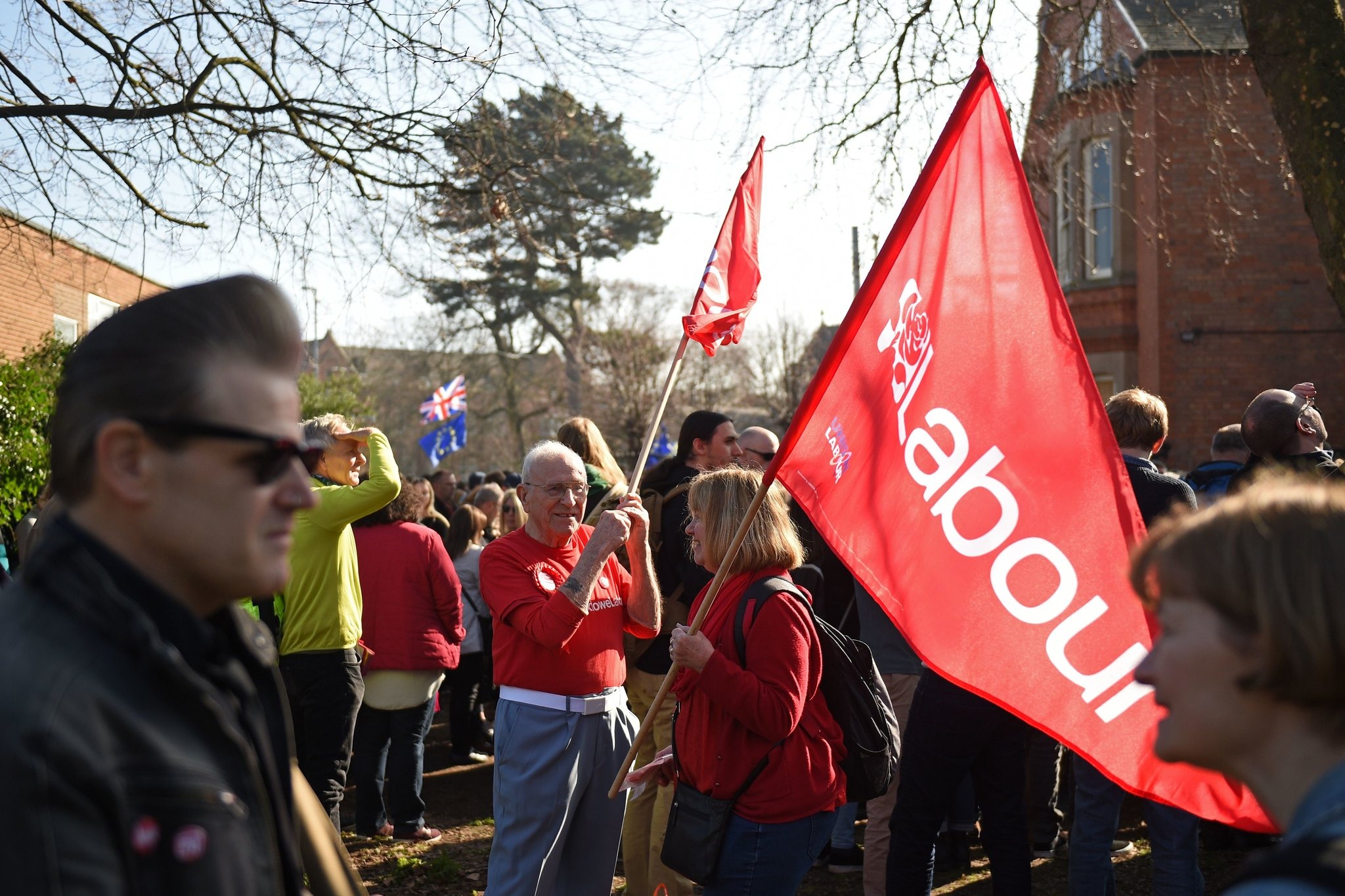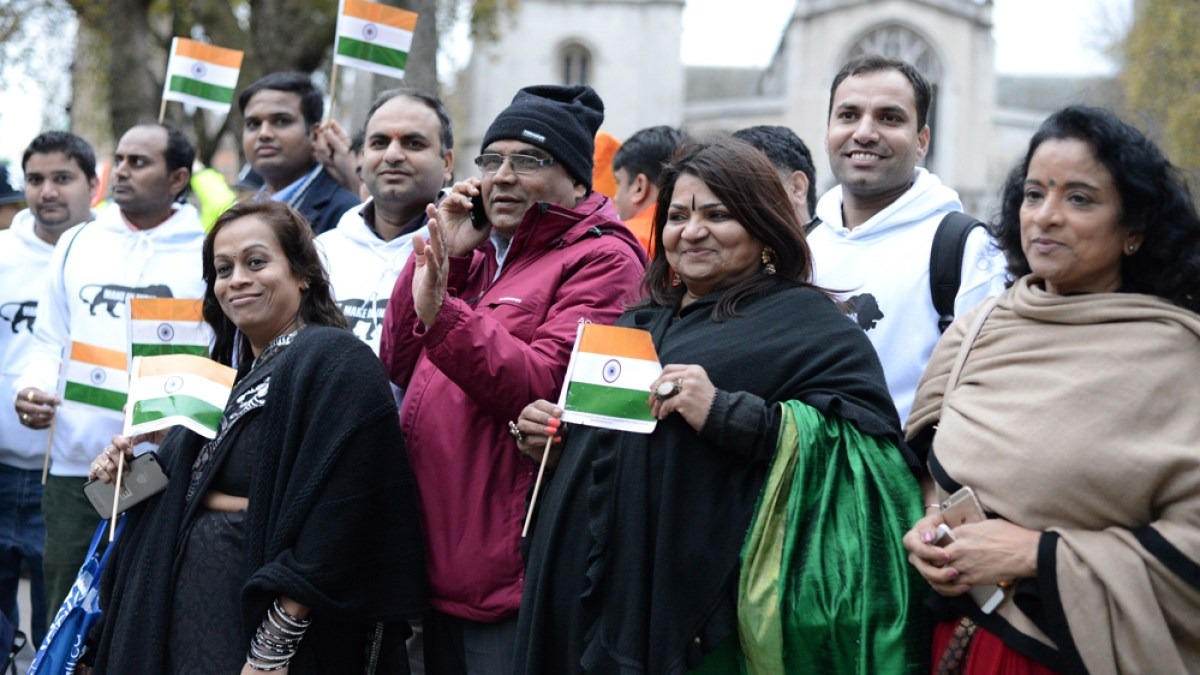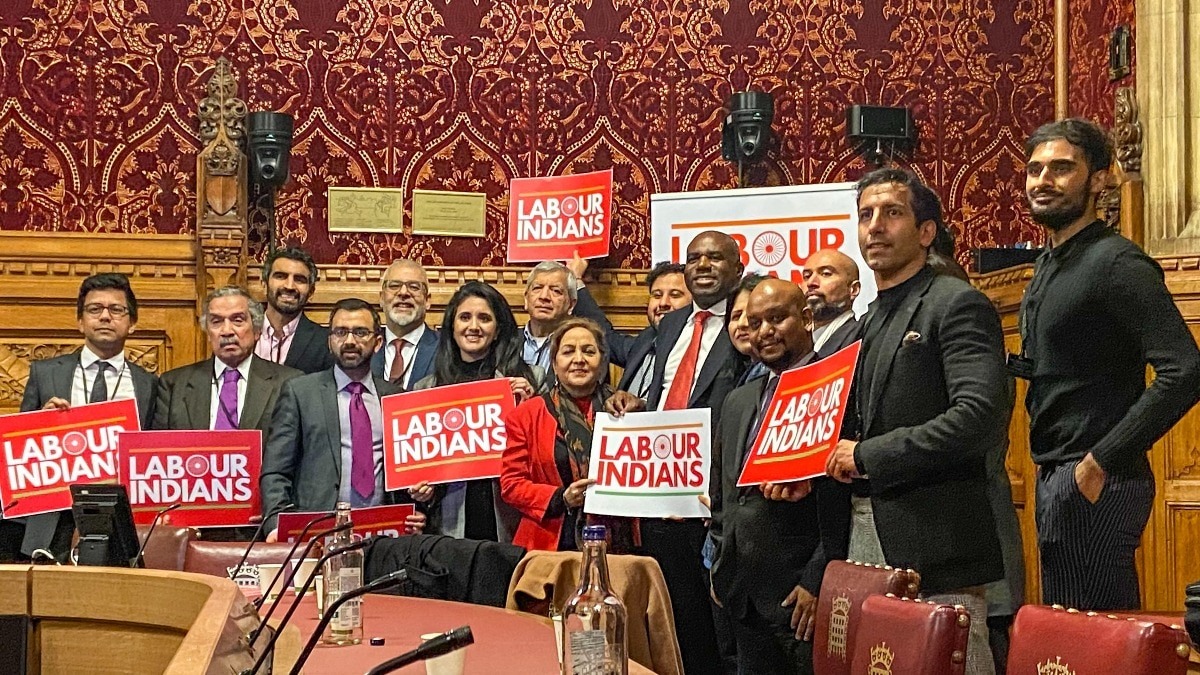The UK’s Labour Party seized the festive spirit of Holi to engage with the Indian diaspora. Its leader, Keir Starmer, used the vibrant celebration as a backdrop to promote a message of change and renewal in the lead-up to a pivotal general election.
Hosted by the 1928 Institute, a think-tank dedicated to the British-Indian community, in London, the event saw Starmer, alongside London’s Mayor Sadiq Khan and other key figures from the Shadow Cabinet, immerse themselves in the Festival of Colours.
Starmer expressed that Holi’s themes of rejuvenation and communal harmony perfectly echoed Labour’s vision for a renewed nation, especially timely as Britain edges closer to election season.
“Holi invites us to embrace new beginnings and shed the past, a sentiment that resonates deeply with me this election year,” Starmer noted, at a time when Labour leads in pre-election polls.

U.K.’s Labour Party (Credits: The New York Times)
He further emphasized recognizing the Hindu community’s important contributions to the UK and celebrating the shared values that bind diverse groups together. Starmer articulated a vision for the future, inspired by Holi’s message of hope, unity, and the triumph of good over adversity.
Wes Streeting, the party’s health and social care representative, specifically acknowledged the British-Indian community’s pivotal role within the NHS, highlighting the ongoing collaboration between the UK and India in healthcare advancements. The celebration attracted attendees from various professions, underscoring the diaspora’s multifaceted contribution to British society.

British Indians (Credits: Al Jazeera)
Nikita Ved, co-chair of the 1928 Institute, addressed the healthcare disparities faced by the British-Indian community, praising the commitment of healthcare professionals who, driven by the principle of ‘sewa’ or service, dedicate themselves to underserved areas.
Reflecting on the enduring bond between the Indian community and the UK’s cherished health service, Ved underscored the challenges and triumphs of this relationship.
The event, featuring a performance by London-based artist Raageshwari, is poised to become a staple in the cultural calendar. It symbolizes the Labour Party’s commitment to inclusivity and celebrating diversity.























